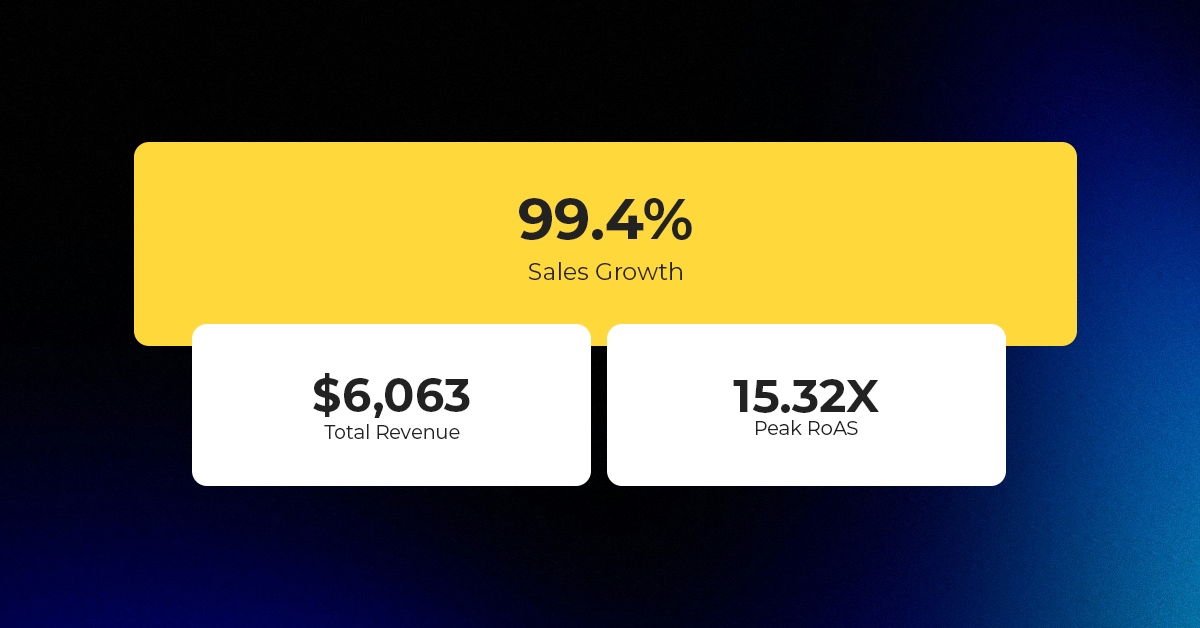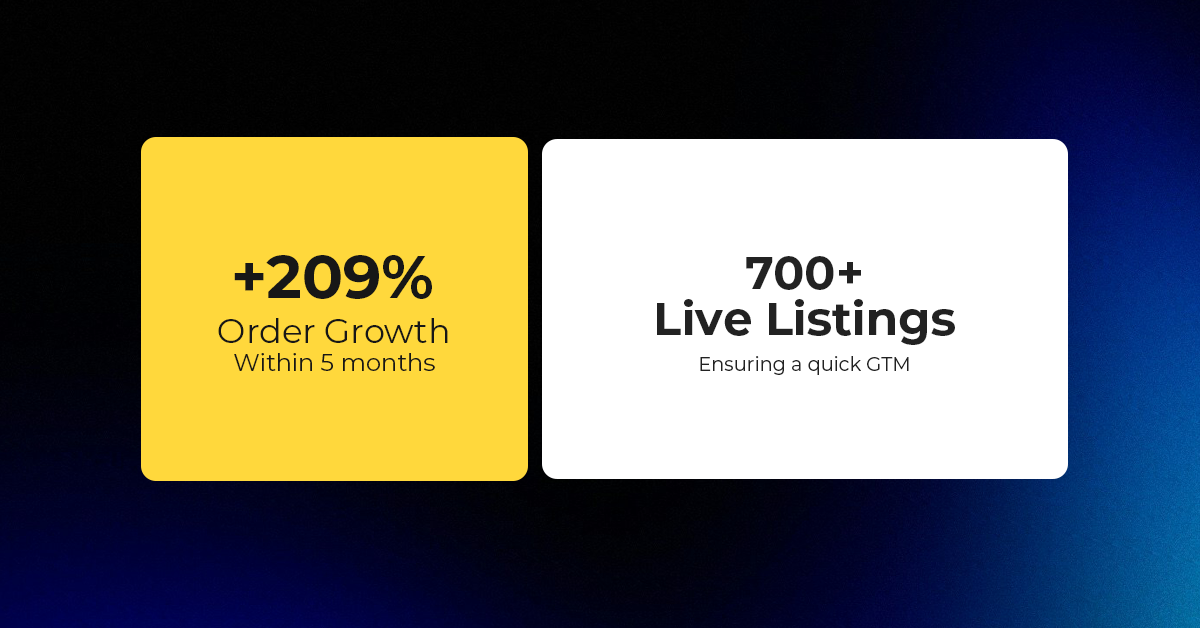Etsy Expands Payments Policy Globally; Instant Transfers Go Live for US Sellers
Reading Time: 3 minutesWhat’s changed Etsy has rolled out major updates to its Etsy Payments…
It’s not long since a newer version of Shopify Metafields has been launched recently. For all those, who still don’t know what are Metafields?
Metafields are an enhanced set of attributes that you can add to your products, making them even more discoverable, descriptive, and easier to track. Now having them on Shopify store is one thing, but what about if you are a multichannel seller. Having already integrated to more marketplaces, Facebook or Instagram for instance would also need to have these metafields in order to provide a seamless customer experience and easy product discovery to shoppers.
With that said, there is an easy and simple setup process for the Shopify metafields. As it is newly announced, many sellers do not know how to add metafields on Shopify, while they are selling on Facebook commerce platforms. This blog is a handy guide to help you with a step-by-step process for the hassle-free creation of Shopify metafields, and understanding it even more.
Shopify Metafield is the additional attribute and data that you can add along with your products. Moreover, the Shopify metafields can help you extend the functionality of your Facebook Shops by providing you with the added details on your products, orders, and collections.
To have a better understanding, here is a simple example, let’s say you have a business dealing in clothing where you have a set of products with well-descriptive information. But here, the customer needs to be informed about the washing instructions. With custom metafields, you can add this set of information that will be displayed on your shop or storefront.
Metafields basically has four parts, which needs to be fulfilled:
When you add Shopify metafields to products available in your stores or shops, it offers you some significant upper hand in product’s reach and visibility. The added fields in the way, help shoppers discover your product easily and know more concrete information around the same. Some of the advantages are:
Being one of the Business Partners of Facebook, you can leverage this opportunity to add metafields on Shopify even from within the Facebook and Instagram Shopping app in a seamless manner. You don’t need to go here and there and follow a bulky process or need the help of any developers for this little magic. All you have to do is follow any of the three methods to enable the metafields on your Shopify store as well as on Facebook commerce platforms.
Before you start with any method, here is an example of adding the metafield for one of the products on a Shopify store. The guide will show you all the different methods to create the metafield on the Shopify store through the App.
Through the Facebook and Instagram Shopping App‘s Product section, you can add the metafields to a specific product.
Once done, your Shopify store will get all the required metafields.
Through Profiling, you can add the metafields to a bundle of products altogether. If you sell different categories of products, you can simply add metafields to the collection of products at once.
Once you save the attributes in the profile, click on “Create Metafield on Shopify”
This will eventually create the metafield on Shopify and you can go to the Shopify Store and check the products for the added Shopify metafields anytime.
Through the Configuration section, you can add metafields to products falling into one product category or the default profile. This default profile may be the same that you used/created while onboarding to the app.
Add upto three categories, your product is falling into For instance, you will be able to see the categories you mapped while onboarding through the app.
This will create the metafields on your Shopify store and you can easily access it by logging into the store.
Once you add the new metafields from the Facebook and Instagram Shopping app, your Shopify store will be automatically equipped with the metafields and it will become visible to everyone.
To view the metafields, you can follow these steps:
From there, you can view all the added information about your product as Shopify Metafields.
eCommerce is revolutionizing in its dimensions, and so are the social media sites. Using Shopify metafields is a simple and easy method to attract more shoppers and leading them to make more purchases. It gives a way forward for the sellers in creating data-rich elements inside their listings and ignite product discovery. To do it effortlessly, you can simply connect with Facebook Business Partners and create Shopify metafields in a seamless way. Have any second thoughts about it? Connect with our experts for a free discussion and put forward all your questions.

Reading Time: 3 minutesWhat’s changed Etsy has rolled out major updates to its Etsy Payments…

Reading Time: 2 minutesWhat’s changed Walmart has introduced a new Shipping Score metric within its…

Reading Time: 3 minutesWhat’s changed Amazon has announced an additional $35 billion investment in India…

Reading Time: 4 minutesAbout the Brand: 40ParkLane LLC Studio40ParkLane is a design-led print-on-demand brand created…

Reading Time: 3 minutesAbout the Company Brand Name: David Protein Industry: Health & Nutrition (Protein…

Reading Time: 3 minutesOnline retail spending in Germany is entering a renewed growth phase after…

Reading Time: 4 minutesTikTok Shop has released a comprehensive Beauty and Personal Care Products Policy,…

Reading Time: 4 minutesTikTok Shop has formally outlined comprehensive requirements for expiration date labeling and…

Reading Time: 3 minutesTikTok Shop is raising its sales commission for merchants across five active…

Reading Time: 11 minutesBy now you have seen your BFCM 2025 numbers. The harder question…

Reading Time: 3 minutesAbout the Brand Name: Vanity Slabs Inc Industry: Trading Slabs- Vanity Slabs…

Reading Time: 2 minutesAbout the Brand Name: Ramjet.com Industry: Automotive Parts & Accessories Location: United…

Reading Time: 2 minutesAmazon is rolling out strategic referral fee reductions across five major European…

Reading Time: 4 minutesQuick Summary: Scaling Lifestyle Powersports on eBay with CedCommerce Challenge: Zero marketplace…

Reading Time: 4 minutesTikTok has surpassed 460 million users across Southeast Asia, reinforcing its position…

Reading Time: 3 minuteseBay has released its final seller news update for 2025, with a…

Reading Time: 3 minutesAmazon has clarified its stance regarding speculation around a potential breakup between…

Reading Time: 4 minutesWalmart is accelerating its push into next-generation fulfillment by expanding its drone…

Reading Time: 4 minutesFaire, the fast-growing wholesale marketplace connecting independent retailers with emerging brands, has…

Reading Time: 4 minutesB2B buying in the United States is undergoing a fundamental behavioral shift…